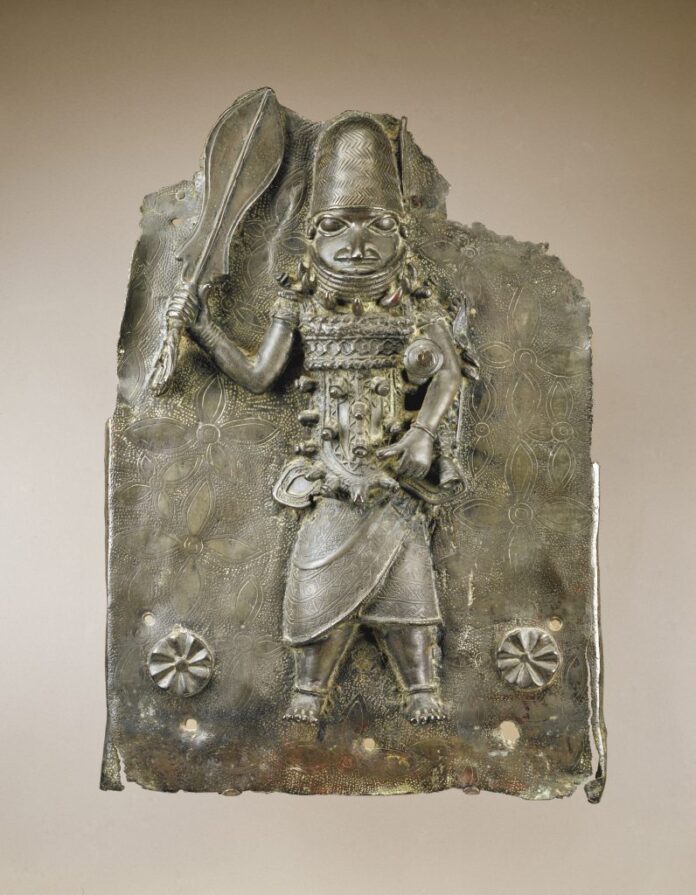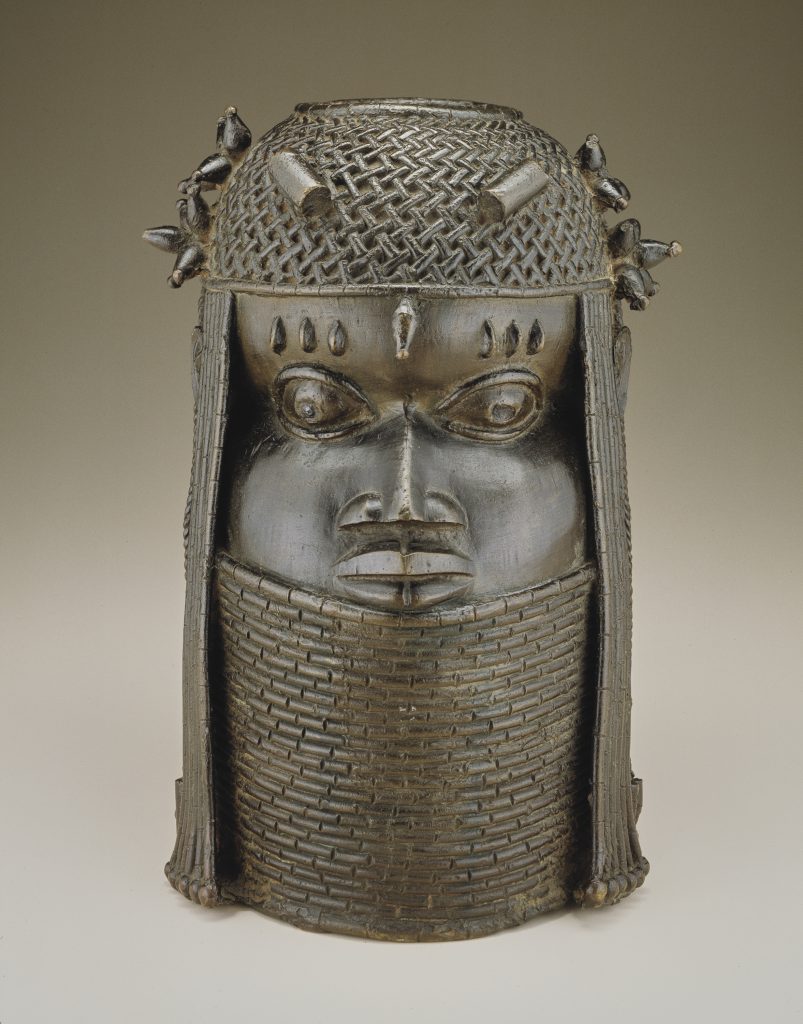
The Smithsonian Institution is repatriating the 39 Benin bronzes from its collection to their homeland of Nigeria. The news comes as the Smithsonian is working on a new restitution policy. It is also indicated that this could have serious consequences for US museums.
A spokesperson for Artnet News said that in total, most of the institution’s 39 Benin bronzes would be seized. Many of them were looted by British soldiers during the infamous raid on Benin’s royal palace in 1897.
The representative clarified that the organization was still working on determining the origin of some items, and therefore the final number of items to be returned had not yet been determined. The institution has an agreement with the National Commission on Monuments and Museums of Nigeria to coordinate the return of Benin bronzes.
In turn, some of the properties will return to Washington on long-term leases and for joint exhibitions, including a planned Nigerian-curated exhibition at the Smithsonian National Museum. “Essentially, we share facilities,” Kevin Gover, Associate Secretary for Museums and Culture at the Smithsonian, told the Washington Post.
“Essentially, we share facilities,” Kevin Gover, Associate Secretary for Museums and Culture at the Smithsonian, told the Washington Post. Gover noted that the details of the deal are still being worked out.
“What the Nigerian Commission has proposed is a permanent relationship where even if we can transfer ownership, they can decide to lend it to us so they can be represented here.”
“We are actually talking about changing practices. We will not just define for ourselves that we are experts, but rather that it will be a collaborative process with communities of origin.”

The movement was built at the Smithsonian over several months. Last fall, the newly hired director of the National Museum of African Art, Ngaire Blankenbergh, took 10 Benin bronzes out of the picture, just days into her new role. Blankenberge said at the time that the museum was discussing with the Nigerian commission the future of the Benin bronze collection.
The National Museum of African Art is actively studying the circumstances and power dynamics that brought these works of art into its collection, as well as collecting practices, in order to identify and implement the steps that need to be taken to ensure that the museum is a trustworthy and welcoming place for all.
Over the course of six months last year, a group of about 20 cultural figures at the Smithsonian Institution, including curators and historians from the National Museum of the American Indian, the Center for Folklore and Cultural Heritage, the Freer Art Gallery, and the Arthur M. Sackler Art Museum, convened to develop an institution-wide restitution policy is the first such manual in the history of a cultural organization.
The 39 Benin bronzes were at the center of the conversation. But they were not the only subject of consideration. Among the Smithsonian’s collection of 155 million items, the ones relevant to the restitution conversation may include stolen art, human remains removed without consent, or any cultural heritage found to have been obtained unethically.
A group known as the Ethical Returns Working Group developed recommendations for the new policy, which were passed on to Gower and Smithsonian Secretary Lonnie Bunch. According to a representative of the institution, the new policy will be made public in mid-April.
The restitution plan for the Smithsonian will then be submitted to its Board of Regents for final approval. If the waiver is approved, the 39 Benin Bronzes will be the first Smithsonian artwork to be repatriated under this new policy.
























